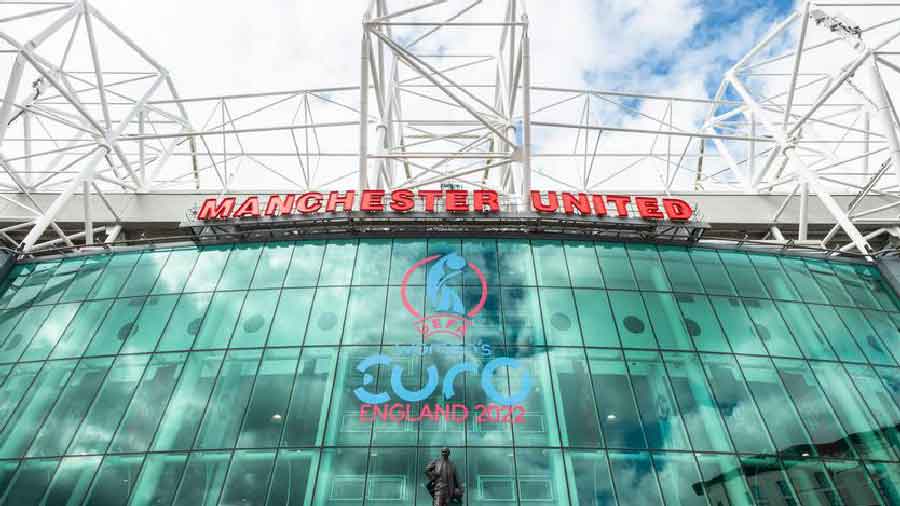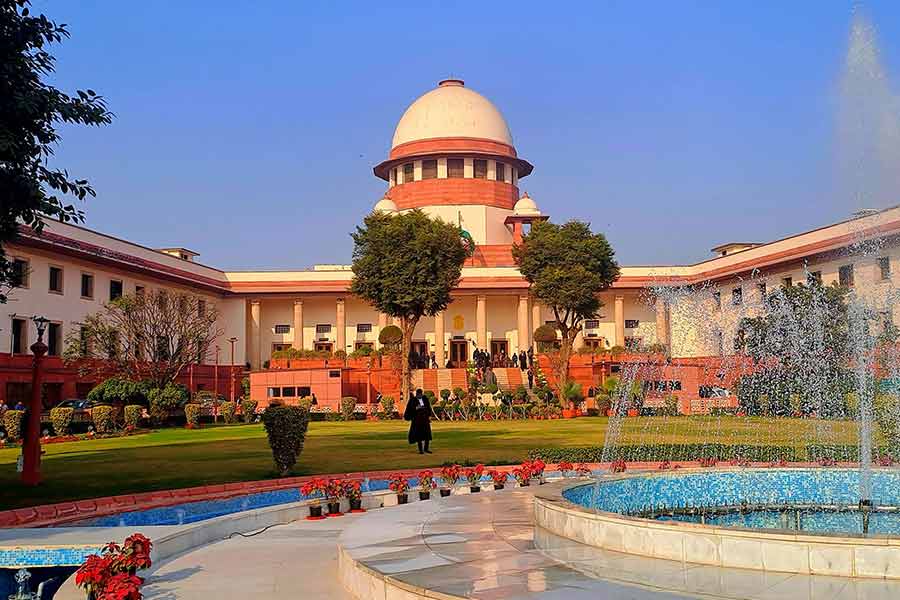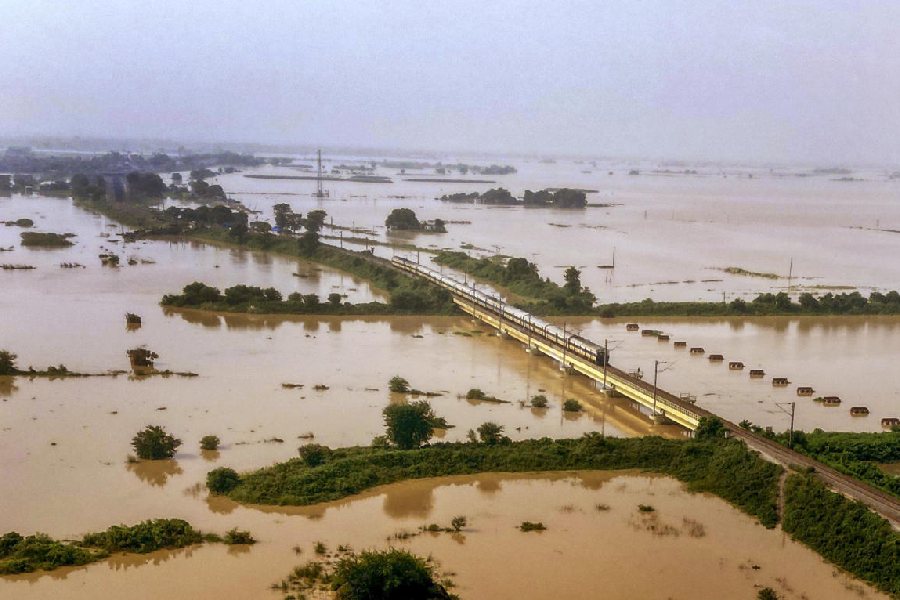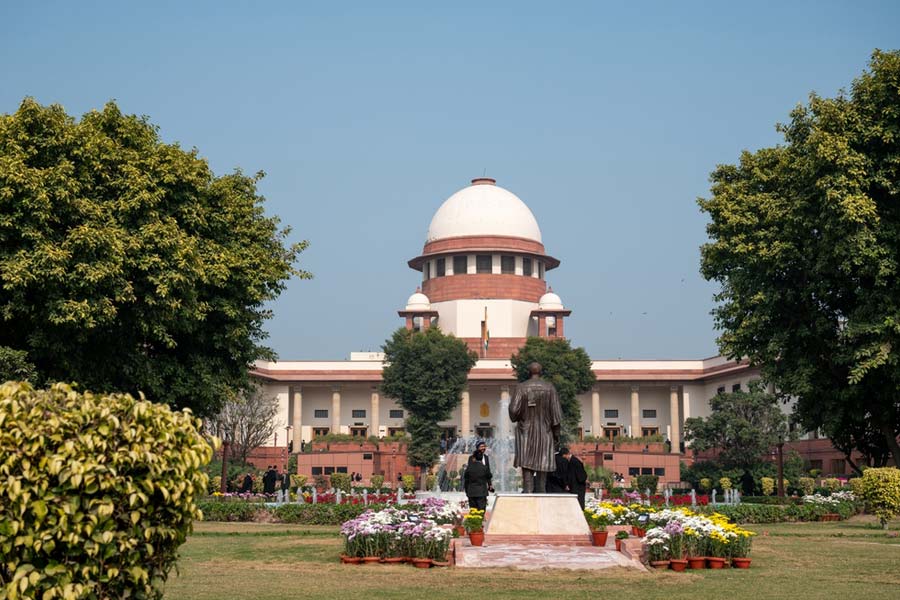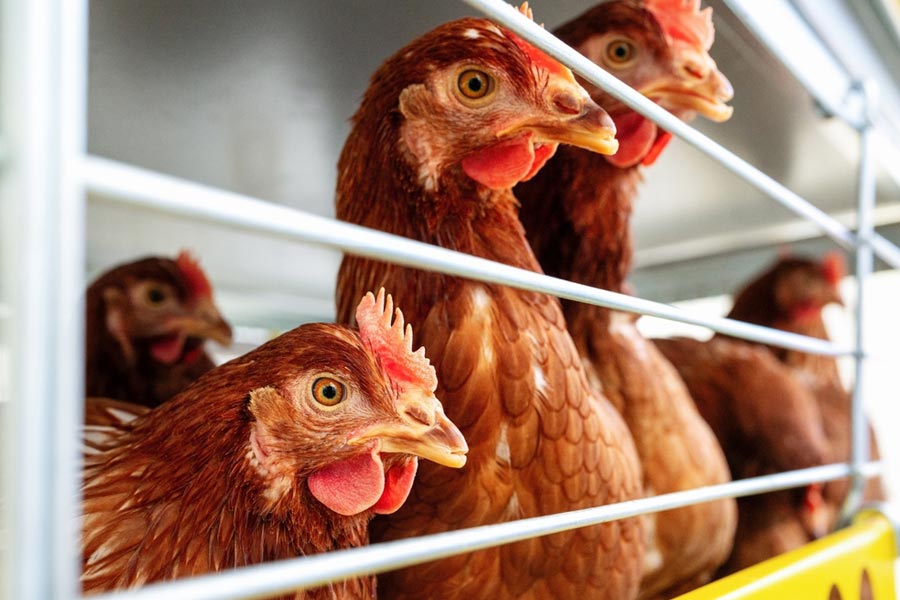Euro 2022 is about to begin, with the tournament having already smashed attendance records. Although the atmosphere in Manchester, which is to host the opener, is generally positive, a few question marks remain.
With a shade over 24 hours until England host Austria at a sold-out Old Trafford, a handful of construction workers are busy building a fan park in Manchester city center. A few kilometers northeast of the building site, UEFA's Chief of Women's Football takes to the stage in a stadium hospitality room.
"I feel so many different kinds of emotions but can't wait for it to get started now," said Nadine Kessler, who won 29 caps for Germany between 2010 and 2016. "I really think it's completely incomparable to when I played. I might need to be a bit provocative, but I think in my days people were more concerned with how my jersey fit than the result. We've come a long way."
The buildup to the tournament has seen plenty of reflection on the growth of the game in recent years. But the day before it starts, with unfinished fan parks, sporadic advertising boards and a reported shortage of England women's shirts in major sports shops, there is a sense that organizers may not have foreseen the scale of interest and demand lingers in the grey air.
Is it actually coming home?
But logistical successes or failures will fade into the background, at least temporarily, come Wednesday evening.
"We really hope that the whole nation gets behind us," England's all-time record scorer Ellen White told DW ahead of the tournament.
"We obviously know that our group games are sold out, which is really exciting for us and that home advantage is big. So yeah, we're just really excited to face some very, very talented European teams."
The first of those is Austria, a surprise semifinalist in 2017. The visitors will do well to match their achievement in the Netherlands, given the increasing depth of quality in the international game. England's Dutch coach Sarina Wiegman, who coached the hosts to the trophy five years ago, knows that the challenge, and the expectation, is even greater this time around.
"The development of the women's game has gone so so quickly, so the change from 2017 to now is, I think, that so many more countries play at the highest level. So that's going to be really exciting," she told DW in an interview for the Project Fussball podcast. "And now you feel that huge momentum. We have had some games across the country, playing in different cities. And you can feel that people are getting excited. And so many tickets have been sold already."
Ticket sales have indeed been brisk, with more than half a million taking advantage of affordable prices before the tournament has even begun. About 200,000 remain, though plenty of games have sold out. Kessler, who won the tournament as a player with Germany said she'd become "obsessed" with watching the sale figures tick over on internal UEFA systems.
How big is big enough?
As positive as that has been for the women's game, it's also raised questions about the selection of stadiums for the tournament. Across town from Old Trafford, Manchester City's academy stadium has been the target of criticism from Iceland star Sara Bjork Gunnarsdottir, whose side open their campaign against Belgium at the ground, with capacity limited to 4,700, down from 7,000 due to UEFA regulations around standing on the terraces.
"I'm a little bit disappointed with some of the stadiums that we got," she told The Pitch podcast in April. "It's shocking. You're playing in England, you have so many stadiums, and we have a training ground from City. It's just embarrassing."
Despite the criticisms, Chris Bryant, the English FA's Head of Tournament Delivery is convinced that the right balance has been struck.
"We already set the aims incredibly high," Bryant said, in response to a question from DW on Tuesday. "Obviously we set ourselves objectives and we're just about where we thought we would be."
Bryant defended the selection of smaller venues, which also includes Rotherham's New York stadium, which will host a quarterfinal.
"I think we're really happy with the venue selection we've made. There are still tickets to sell, we want venues to be sold out, that's a huge part of our strategy. And it's not just a focus on England...we want all teams to experience a great atmosphere in all the stadiums."
That aim, at least, seems certain to be met in the opening fixture. An England win will likely see momentum build in the host country. UEFA and those invested in the women's game, will hope it will continue to gather pace as the tournament progresses.
From Deutsche Welle Newsfeed

